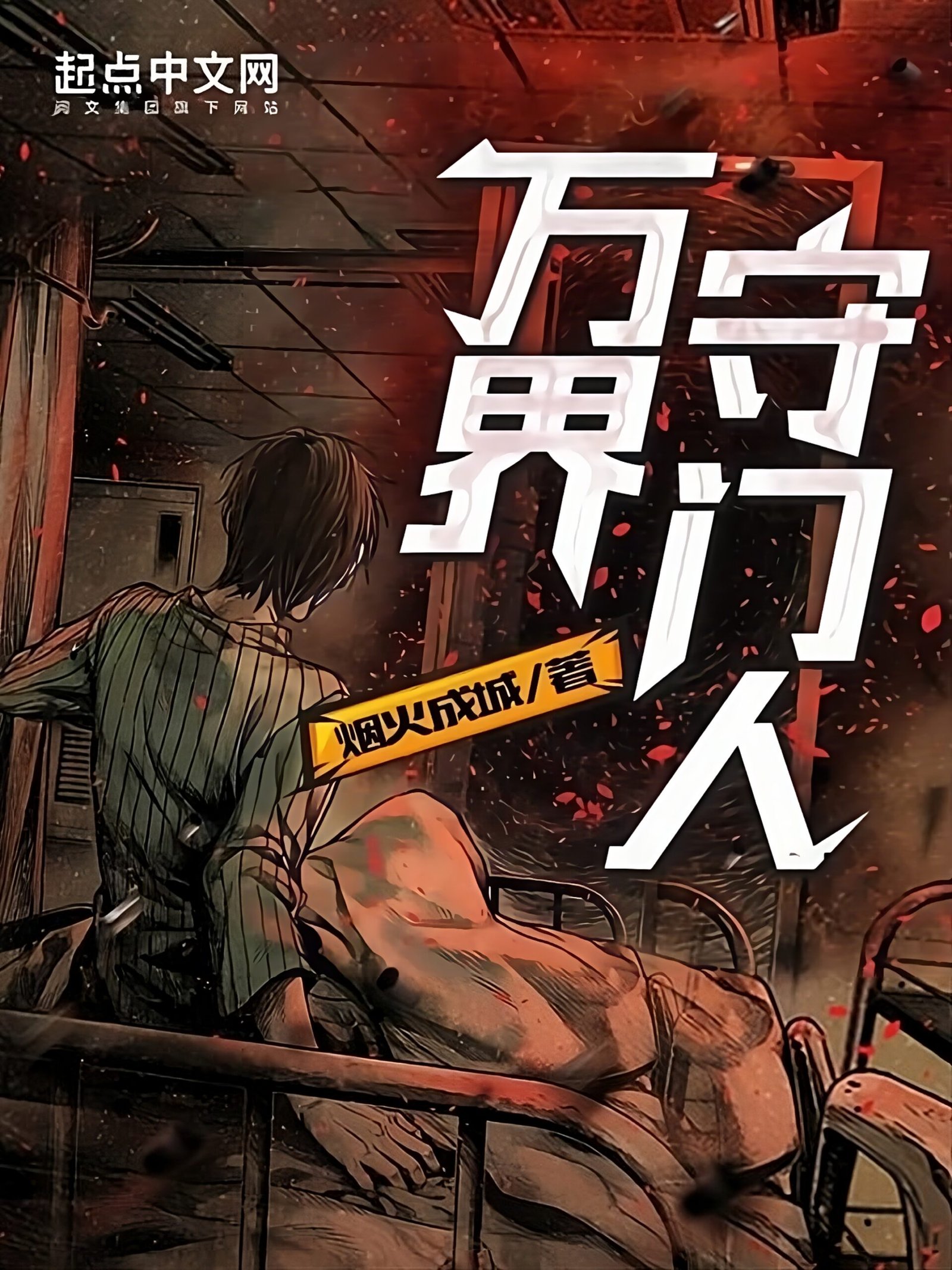Morea and Constantinople.
Having brought both these powers to heel, Murad gave the order to advance without hesitation. The 33,000-strong Ottoman army now turned its sights on Serbia.
Using their defiance in ignoring the summons as justification, a full-scale campaign commenced. It was June 11, 1430—the day the Ottomans, after decades of internal turmoil, once more drew their sword toward Europe.
To make matters worse for their enemies, Turahan, who had been stationed in Bulgaria to secure the supply lines and lead the vanguard, returned with not only his forces but also non-combat personnel, further increasing their numbers.
Combat troops alone totaled 33,000, and another 20,000 had been conscripted solely for logistics and provisioning. If one were to count the full support staff and reserve forces—difficult even to estimate—the total would approach 70,000.
Could anyone witness such a staggering mobilization and not grasp the Ottomans’ resolve?
It was, in every sense, a total war effort, pooling the entirety of the state’s resources to seize the era’s dominance. Those who had opposed the Ottomans before understood—Serbia would not be the final target. Yet only those who served under the Ottomans knew their true strength, a strength hidden beneath the shadow of their massive army.
Astonishingly, the Ottomans had purchased over half of their supplies at prices they themselves had set.
How many overlooked this fact, distracted by the army’s size alone? Even Emperor Dragases of Morea, armed with knowledge of modern economics, was forced to concede that Ottoman financial power dwarfed his own. Morea, in comparison, was insignificant.
In Morea’s case, sustaining the previous war had been possible only through relentless conscription and resource seizure, alongside Emperor Dragases’s meticulous, years-long budgeting. That war had burned through nearly all the resources he’d scraped together.
And what of the Ottomans?
Having secured most of the Aegean coast and maintained peace across their territories—stopping the small Mustafa’s revolt—they had suffered no major military threats. As a result, the Ottoman state was wealthy enough to spend extravagantly. This wealth, in turn, allowed them to stabilize occupied lands swiftly.
In the medieval era, armies depended heavily on local sourcing for supplies.
While the term “local procurement” sounds polite, in practice it meant looting and conscription. Such practices inevitably affected not just enemy territories but also the homeland, turning public sentiment against the state.
On the other hand, if supplies were bought at fair prices, a single campaign could bankrupt a nation. This was true for most normal states. But the Ottomans had the power to withstand that burden.
This Ottoman logistics system was what shocked and troubled Emperor Dragases the most.
“Should I take more direct control of every territory to prepare for the next war?
Now that he had a workforce made up of refugees, one option might be to reclaim unused farmland—waiving taxes and conscription duties in exchange for mandatory crop stockpiling.
Unlike the Ottomans, he couldn’t afford to buy supplies outright. Just maintaining his current forces was consuming the majority of the treasury. Issuing state bonds was also unrealistic when the country’s very survival was uncertain.
There was also the issue of transporting supplies. Sea transport was the most efficient, but with Venice controlling the seas, he couldn’t ignore the need to develop land routes. If only he had time and funds, he’d gladly build roads. With a click of his tongue, the emperor lamented. Even while conscripted into the Ottoman war effort, Dragases could not stop agonizing over logistics.
But all his worries and efforts failed to alter the course of events.
On July 28, 1430, the Ottoman army finally crossed into Serbian territory.
Upon confirming the approach of the massive Ottoman force, several villages immediately surrendered. And the Sultan, in turn, showed them mercy—mercy granted in response to swift submission. But for Serbia as a whole, that was the end of the Sultan’s leniency.
“O Sultan, why do you persecute us so?
Lord Stefan still lies bedridden and cannot rise. Yet his loyalty to you has never wavered. If you will but show mercy, we shall do anything you ask—anything at all!”
So pleaded the Serbian envoy, voice heavy with desperation.
And understandably so. Hungary was preoccupied with Wallachia. How could Serbia hope to face 33,000 Ottomans on its own? Few dared attempt such a hopeless fight.
It was only rational to avoid a battle whose outcome was already determined. Every vassal present sympathized with and understood that desperate plea—to do anything to avoid the wrath of the Ottomans.
—But the Sultan had already made up his mind. Fate could no longer be changed.
“I remember well how Serbia turned its back on the Ottomans and raised its sword against us. I saw you hide behind Hungary, seeking to avoid the price of your betrayal. And you know better than anyone that, since then, there has been no repentance. No atonement. Still, I gave you the chance to prove your loyalty—and you refused.”
Even justification had long since abandoned Serbia. The consequences of its choices had come full circle, returning in the form of “disloyalty.” The chance to exploit a moment of weakness had slipped away, and the Ottomans remembered Serbia’s betrayal. Now that betrayal had become their justification. Every last thread that could have saved Serbia had been severed.
Of course, the Serbian envoy knew all of this. Lips trembling, he tried to offer some excuse—but no words came. What argument could possibly persuade the Sultan? No words, no plea could hide Serbia’s clear hostility. And so, knowing this, the envoy’s voice remained trapped in his throat.
Watching this with cold eyes, the Sultan spoke once more.
“You ask for mercy?
You ignore the mercy I showed you before, and now that my blade is at your throat, you yearn for it again?”
“S-Sultan…”
“But very well. As you said, for one who once served the Ottomans, I shall grant one last chance to prove your loyalty. I shall give a command, in my boundless generosity.”
What followed was not an offer—it was a sentence.
Cold and final, the kind of judgment none would ever forget.
“Relinquish all your rights and prepare to offer Serbia to me. Then await judgment. Whether you will be sent to the executioner’s block or not—I shall decide that myself.”
“Sultan!”
“Go, and be sure to deliver this message to the one who sent you.
If he does not yet understand the gravity of ignoring the chance I gave him under the excuse of illness, then he will understand it now—when he sees the army I’ve brought to punish his arrogance!”
“Mercy! Please, mercy! O, Sultan!”
“This is my mercy!”
The Sultan roared at the Serbian envoy who continued to plead. There was no one bold enough to speak further under the thunderous wrath of his voice. His fury and resolve suffocated the entire room. Everyone held their breath as the Sultan unleashed his rage.
“The right to be acknowledged existed only so long as one served the Ottomans! Even though you betrayed us, I said I would grant you a chance to live if you surrendered everything to me!
What more could those who have broken faith possibly demand?!”
After his scathing rebuke of the desperate envoy, the Sultan turned to his proud Janissaries and gave his order:
“Drag that man out. If he continues to test my patience here, you may kill him.”
“……!”
No one doubted the sincerity in the Sultan’s words. The envoy, pale as death, darted his eyes around the room. But no Ottoman vassal dared meet his gaze, not when it could bring them under suspicion. They either turned away or bowed their heads—except for one man who continued to meet his eyes: Emperor Dragases.
And so, before he even realized who he was looking at, the envoy pleaded toward him.
“Noble one! Please, believe in Lord Stefan’s sincerity! He is on the brink of death!”
A desperate cry. The other vassals, who shared similar fates, felt a pang of pity—but could not show it. The Janissaries around the Sultan glared with deadly intensity. Men so loyal would not tolerate a wailing envoy disrupting their sovereign’s presence.
The envoy’s behaviour, as expected, only worsened the Sultan’s mood. The Janissaries approached from both sides, drawing their swords. But then, in the very moment their blades were about to strike, a surprising command rang out:
“Do not strike him.”
The vassals who had turned away, Emperor Dragases who had been quietly watching, and even the Janissaries ready to execute—their eyes all turned toward the one who spoke.
Unexpectedly, the Sultan was smiling, as though amused.
“I’ll observe him a little longer,” he said, shifting his gaze.
That gaze landed directly on Emperor Dragases. Feeling it, the emperor slowly closed his eyes. Then, lifting his eyelids with resolve, he faced the envoy.
“P-please… help…”
Did the envoy glimpse a sliver of hope in the Sultan’s hesitation? With eyes filled with deeper desperation, he looked up at Dragases. The emperor bit his lower lip in silence.
Not yet. The time is not yet right. In the end, things must unfold according to the Sultan’s will.
Then perhaps…
Perhaps all I can do is hope for a different outcome.
“The Sultan has already made his decision. You too must know that this is not something I can overturn.”
“……”
The room fell completely silent at the emperor’s words. Perhaps no one fully understood the reason why—but no one believed the meaning was hopeful. As light faded from the envoy’s eyes, Dragases spoke again.
“The Sultan rules over all that lies beyond these gates. If you do not wish to welcome him through open doors, then bar them as you see fit.”
“Ah… ahh…”
The envoy’s legs gave out beneath him. Even then, the Janissaries did not strike him down. The Sultan was watching Dragases closely.
“Let him go. I suppose someone must survive to deliver my message.”
“As the Sultan commands.”
At once, the Janissaries dragged the envoy away. Yet the bitter chill in the war camp did not fade. The Sultan’s gaze remained fixed coldly on Dragases.
“…That last remark—what was your intent?”
Questioned, Dragases eyes gleamed with inner fire. Maintaining the mask of calm, he answered:
“Only mockery. I meant to mock him with a few words.”
He looked up at the Sultan as he said this.
The Sultan drew in a long breath.
And then fell silent.
TL : I think he is telling the Serbian royal family to seek refuge with other Christian nations. Since Stefan and his family are part of the royal lineage, they would maintain their authority even if they remained in hiding for centuries. That way, the Ottomans wouldn’t have full control over Serbia and the royal family could continue to assert their authority in the future if a crusade succeeds. This would be a better option than relinquishing all of Serbia’s rights to the Sultan, leaving no possibility of reclaiming it.




